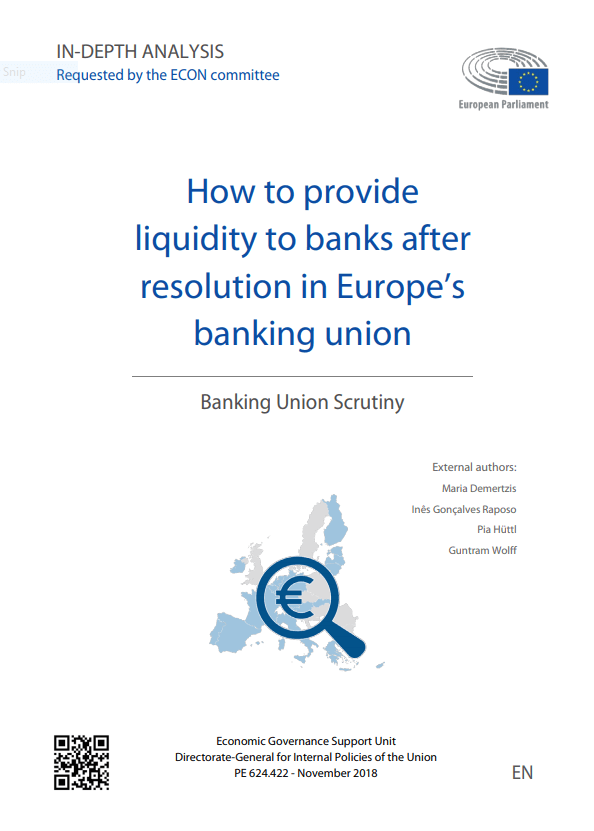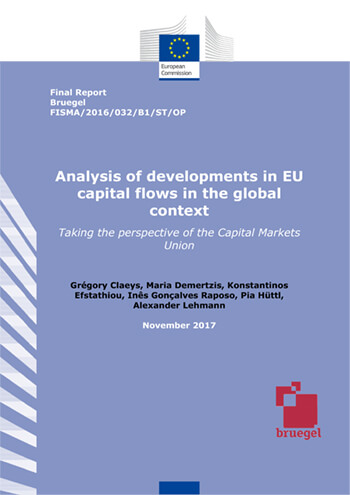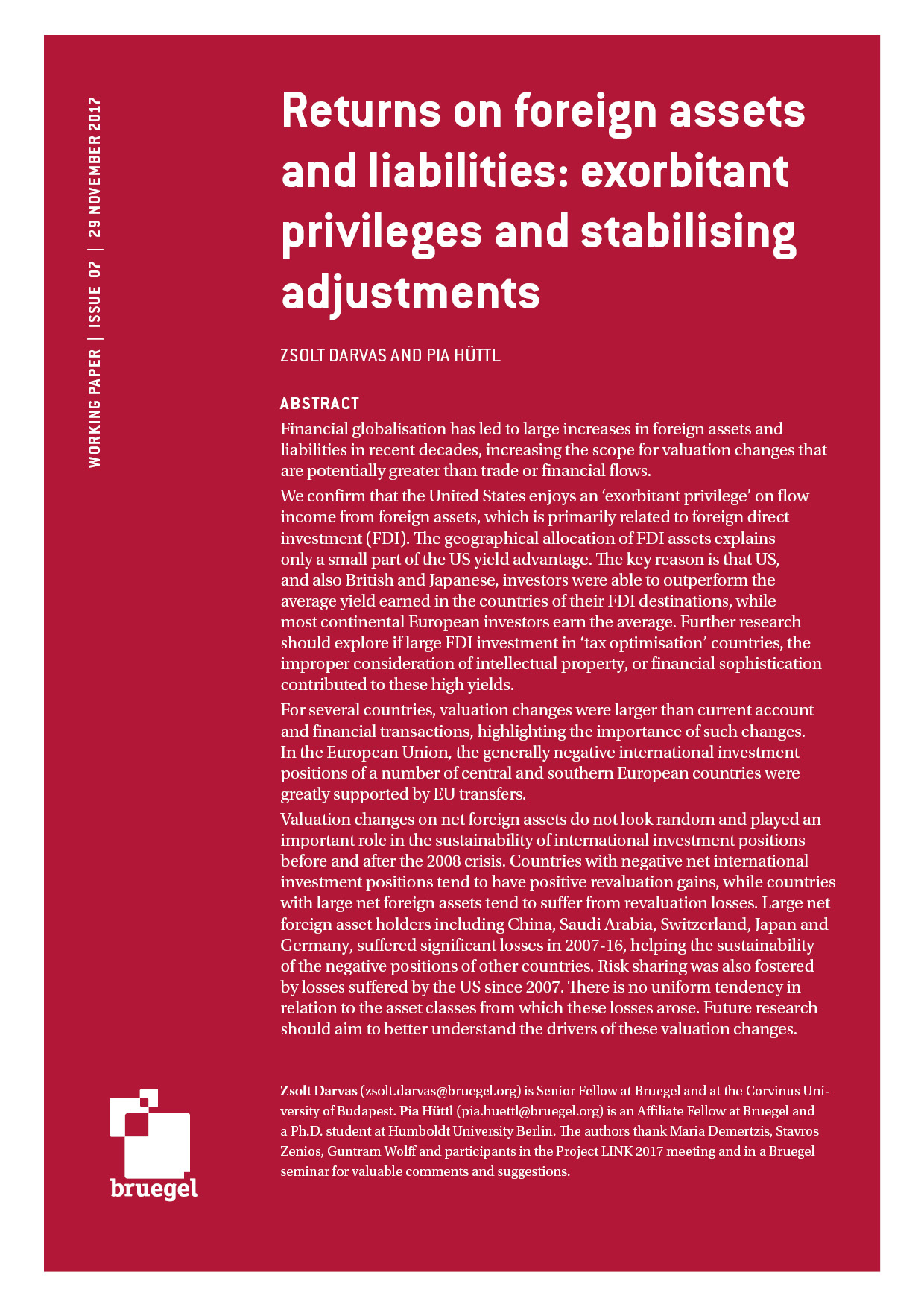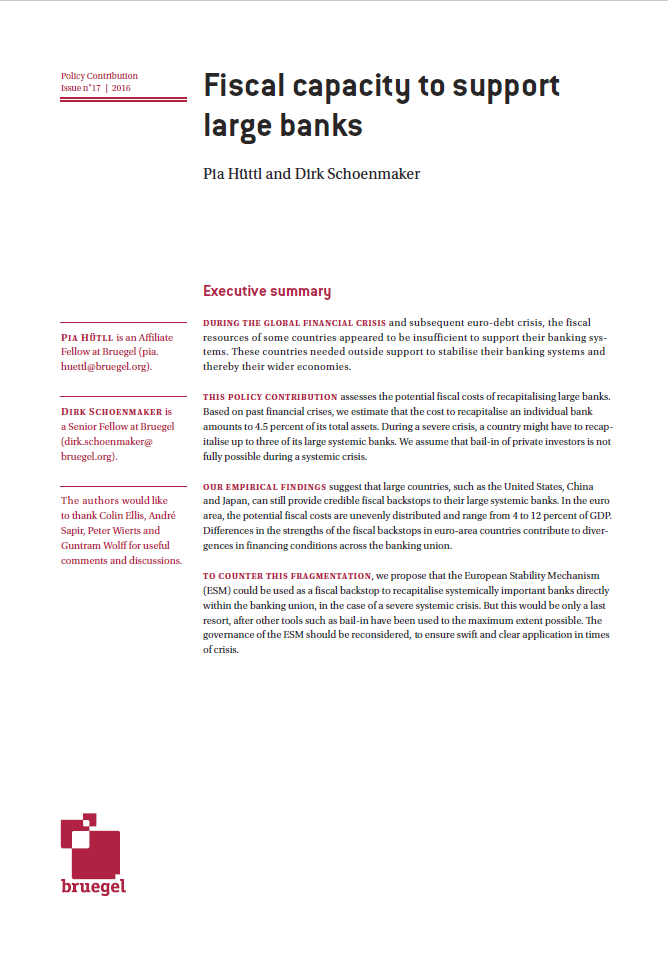External Publication


How to provide liquidity to banks after resolution in Europe’s banking union
Banks deemed to be failing or likely to fail in the banking union are either put into insolvency/liquidation or enter a resolution scheme to protect the public interest. After resolution but before full market confidence is restored, the liquidity needs of resolved banks might exceed what can be met through regular monetary policy operations or emergency liquidity assistance. All liquidity needs that emerge must be met for resolution to be a success. In the euro area, this can only be done credibly for systemically important banks by the central bank.







